Activity
Formation and Strengthening of Community Institutions
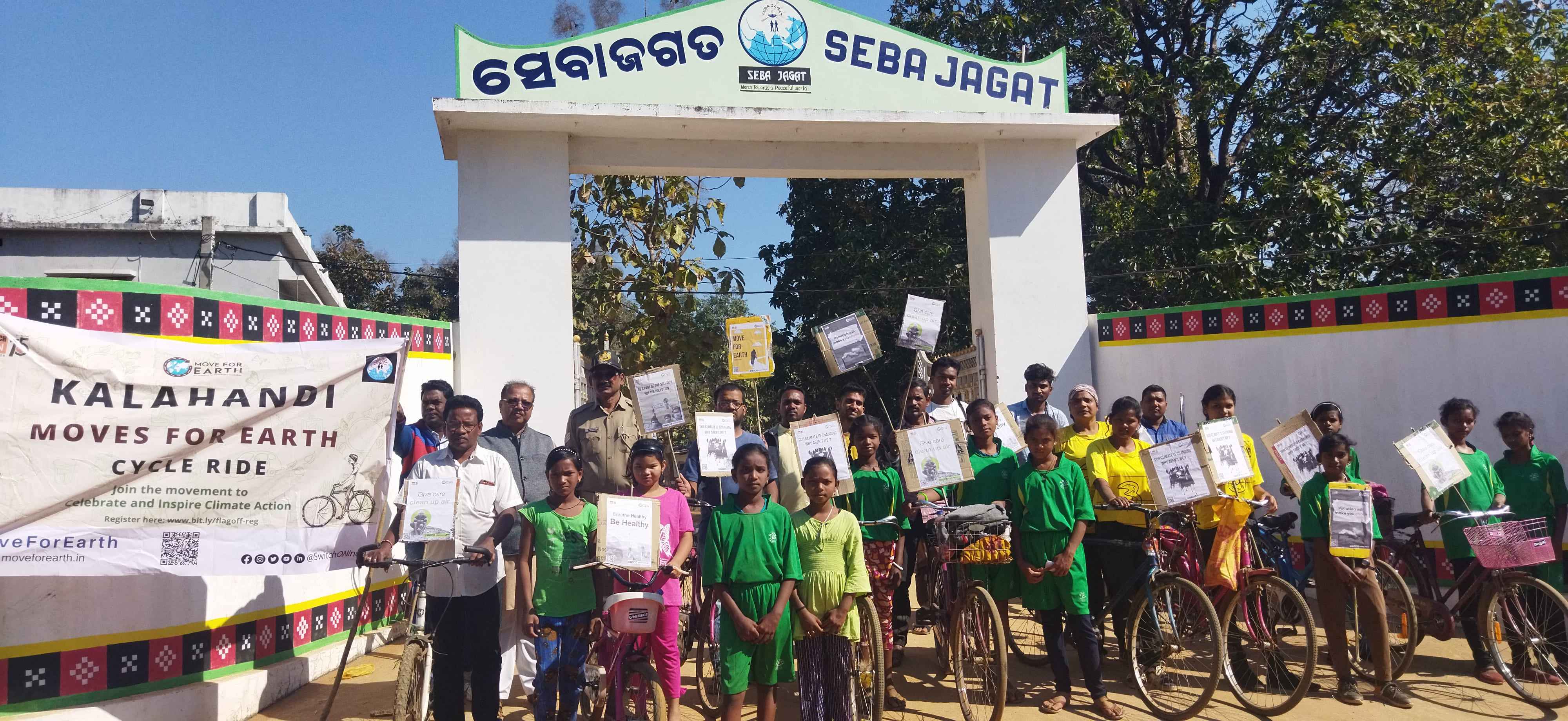
Seba Jagat focuses on the creation and empowerment of community-based institutions like Self-Help Groups (SHGs), Forest Rights Committees (FRCs), federations,Uoth club and producer groups. These institutions serve as the backbone of community-driven development, especially for marginalized groups, including women and tribal communities. By empowering these institutions, Seba Jagat ensures that local communities have the platform to voice their concerns, manage their resources, and make decisions that affect their lives. The organization provides consistent support in the form of training on governance, leadership, financial management, and legal rights, helping these groups become effective advocates for their communities. Strengthening these institutions is essential for creating a robust social and economic infrastructure, fostering ownership and responsibility, and increasing local participation in governance and development processes.
Capacity Building through Trainings, Workshops, and Learning Exchanges
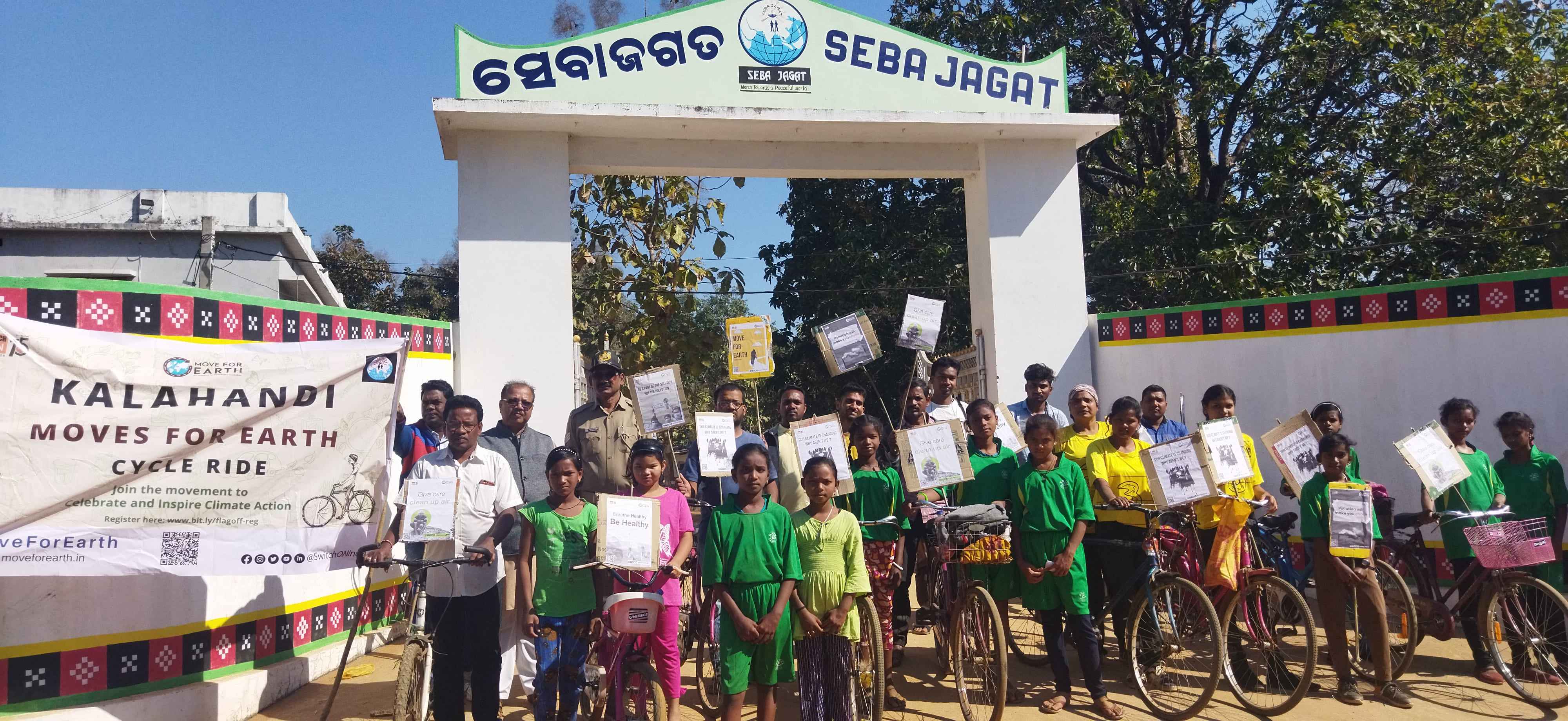
Capacity building is one of the primary tools Seba Jagat uses to create empowered communities. The organization organizes a variety of training programs, workshops, and learning exchanges that focus on enhancing skills in areas like leadership, sustainable farming practices, health awareness, gender equality, land rights, and community mobilization. These educational initiatives equip community leaders, particularly women, with the tools and knowledge needed to lead change in their communities. The capacity-building approach also extends to government functionaries, Panchayati Raj Members, local NGOs, and other stakeholders, strengthening the overall ecosystem for development. By promoting a culture of continuous learning, Seba Jagat helps individuals and groups not only improve their immediate skills but also adapt to changing contexts and challenges.
Exposure Visits and Peer Learning Models
Exposure visits and peer learning models are key strategies for fostering cross-learning and knowledge-sharing. Seba Jagat facilitates visits to other successful community-led initiatives, allowing local leaders and community members to observe best practices in action. These visits expose participants to new ideas, innovative solutions, and tested strategies that can be adapted to their own contexts. Peer learning, especially among women and marginalized groups, builds solidarity and strengthens community networks. It also helps increase confidence, as participants gain firsthand experience of how other communities have overcome similar challenges. Seba Jagat uses these experiences to inspire and motivate communities, showing them what is possible through collective action and the sharing of knowledge.
Networking with CSOs, Technical Experts, Research Bodies, and Government Agencies
Seba Jagat recognizes the importance of building partnerships and networks to strengthen community development efforts. Through collaborations with Civil Society Organizations (CSOs), technical experts, research institutions, and government agencies, Seba Jagat ensures that its interventions are based on the latest research and best practices. These networks offer communities access to technical support, research, policy advocacy, and government resources, which enhances the scope and sustainability of their projects. Networking also opens doors for resource mobilization, joint advocacy efforts, and policy influence. For example, Seba Jagat works closely with the National Health Mission (NHM), state agricultural departments, and other stakeholders to enhance the effectiveness of health, nutrition, and livelihood programs. By creating these connections, Seba Jagat strengthens the ability of communities to address their needs and challenges in a more holistic and integrated manner.
Facilitation of Multi-Actor Platforms (MAPs)
Seba Jagat facilitates the formation of Multi-Actor Platforms (MAPs) that bring together stakeholders from various sectors, including local communities, government bodies, non-governmental organizations (NGOs), the private sector, and academia. MAPs are essential for creating spaces for dialogue, knowledge-sharing, and collective action. These platforms enable different actors to coordinate their efforts, share resources, and advocate for the scaling of effective practices. MAPs also serve as a mechanism for policy dialogue, helping to align community needs with state and national policies. By facilitating these platforms, Seba Jagat strengthens the collective voice of communities, allowing them to influence decisions and policies that impact their livelihoods and well-being. This approach promotes collaborative problem-solving, ensuring that diverse perspectives are considered when developing solutions to local challenges.
Documentation and Dissemination of Learnings and Models
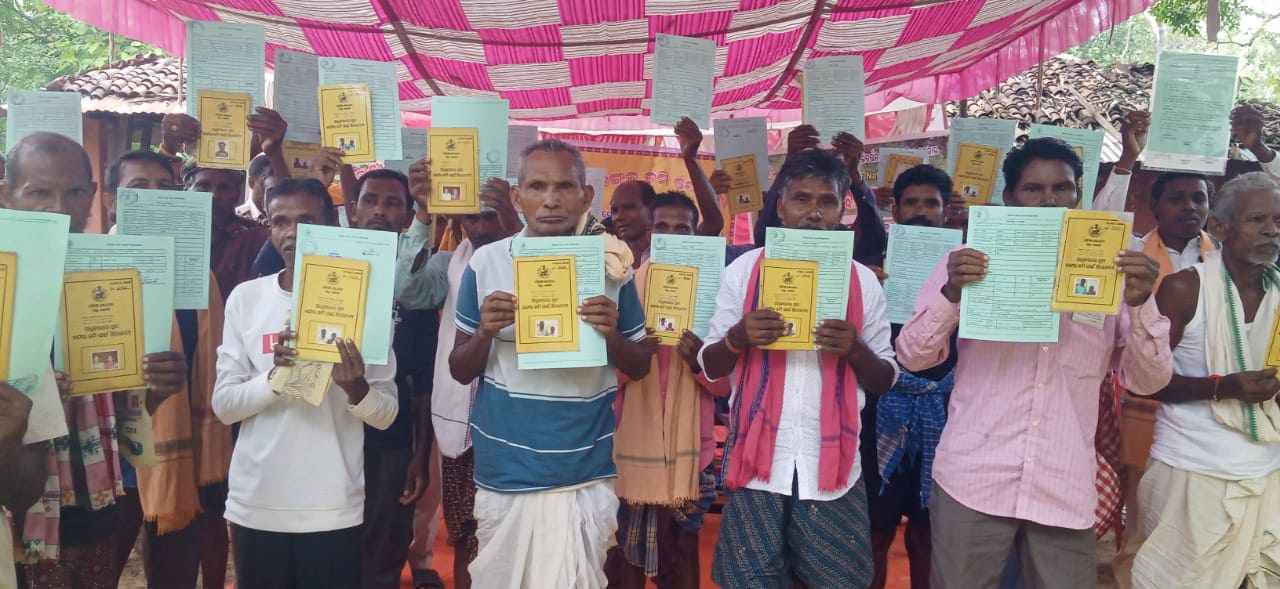
Seba Jagat places great emphasis on documenting the results of its interventions and the learnings gained throughout the process. By carefully capturing case studies, success stories, and challenges, the organization ensures that valuable knowledge is preserved and shared. These documented experiences serve as a resource for future projects and can be shared with other organizations, government bodies, and communities. The dissemination of these learnings happens through reports, publications, and digital platforms, allowing others to learn from and replicate successful models. This documentation also serves as an advocacy tool, highlighting the impact of Seba Jagats work and showcasing the power of community-led development. Additionally, the organization produces and distributes Information, Education, and Communication (IEC) materials that promote best practices, awareness, and education on critical issues such as health, nutrition, and gender equality.
Knowledge Management and Communication
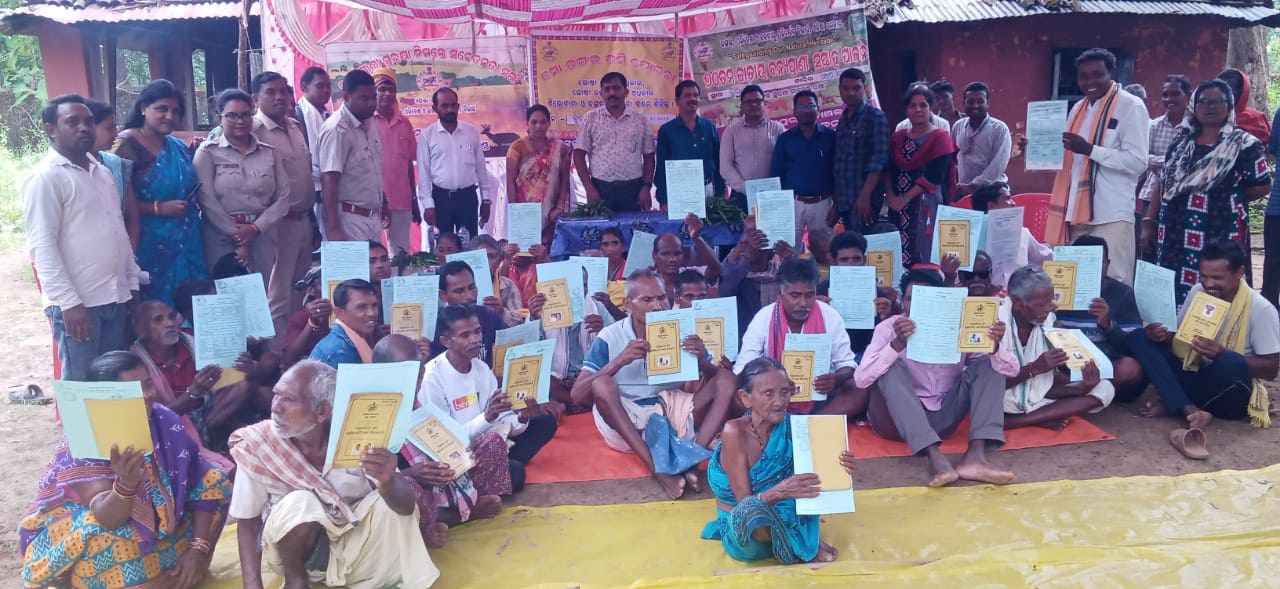
Effective knowledge management and communication are central to Seba Jagats strategies for ensuring that information is shared, accessible, and actionable. The organization uses a variety of communication channels, including social media, booklets, small videos newsletters, and community meetings, to disseminate key messages and raise awareness on important issues. Knowledge management ensures that the wealth of information generated through Seba Jagats work is captured and stored in a way that is easily accessible to stakeholders. The organization also focuses on ensuring that the voices of community members, particularly women and marginalized groups, are heard and included in decision-making processes. By promoting transparency and communication, Seba Jagat fosters greater community involvement and builds trust between local people and development stakeholders. This approach contributes to the sustainability of the organizations interventions, as it creates a well-informed and engaged community that can continue driving positive change.
Networking with CSOs: Focus on the FoGGo Forum for Green Governance in Odisha
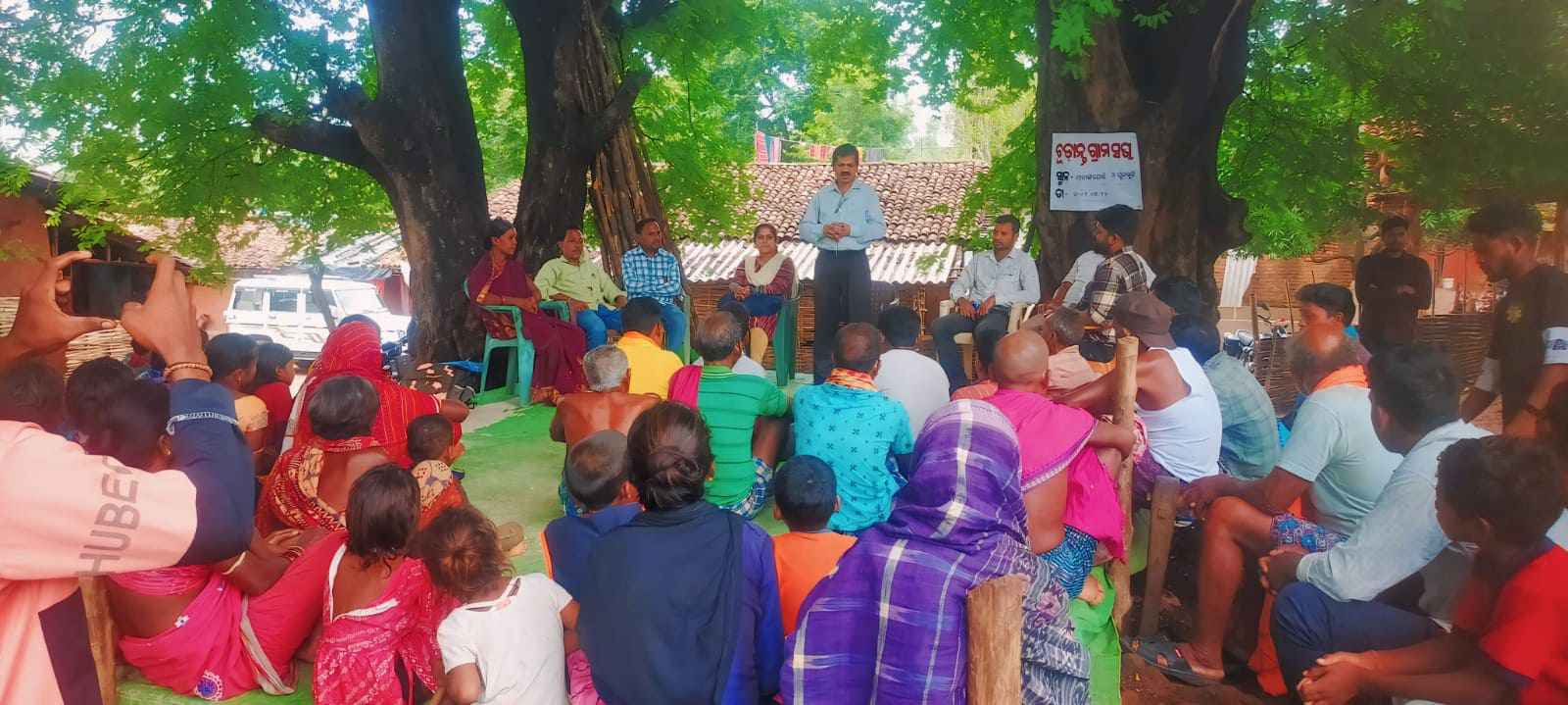
The FoGGo Forum for Green Governance Odisha is a key network that focuses on promoting sustainable development, environmental conservation, and good governance in Odisha. Operating across 9 districts, the forum brings together a diverse group of Civil Society Organizations (CSOs), local communities, and other stakeholders to create a unified approach toward addressing critical issues related to environmental sustainability and governance. Seba Jagats collaboration with the FoGGo Forum plays a pivotal role in leveraging collective expertise and resources to further the organizations mission of promoting community-led development, particularly in rural and tribal areas.
 SEBAJAGAT
SEBAJAGAT
